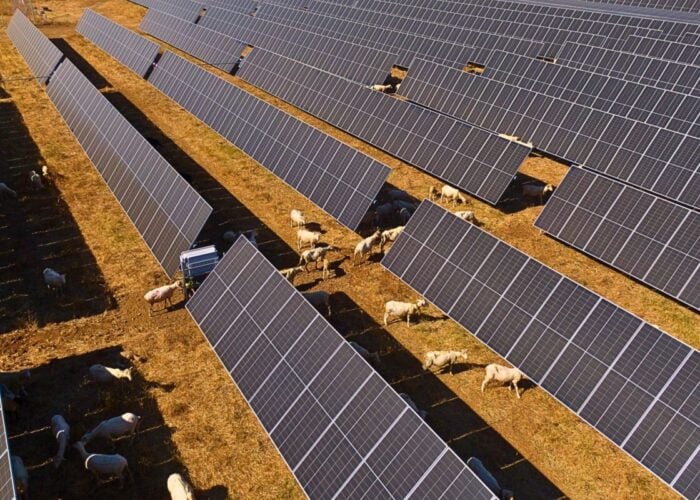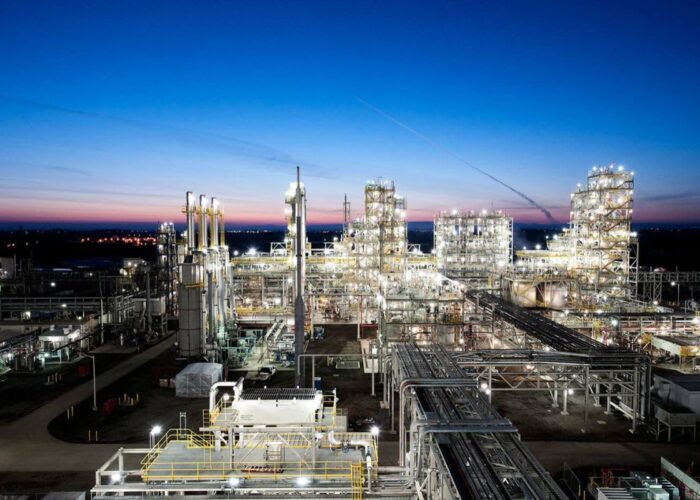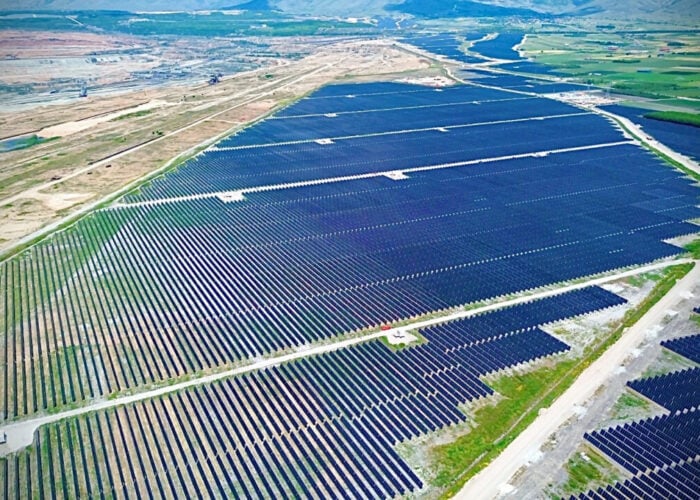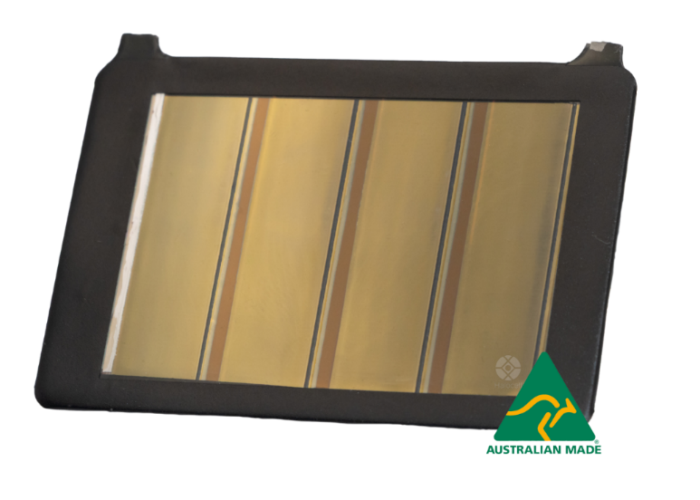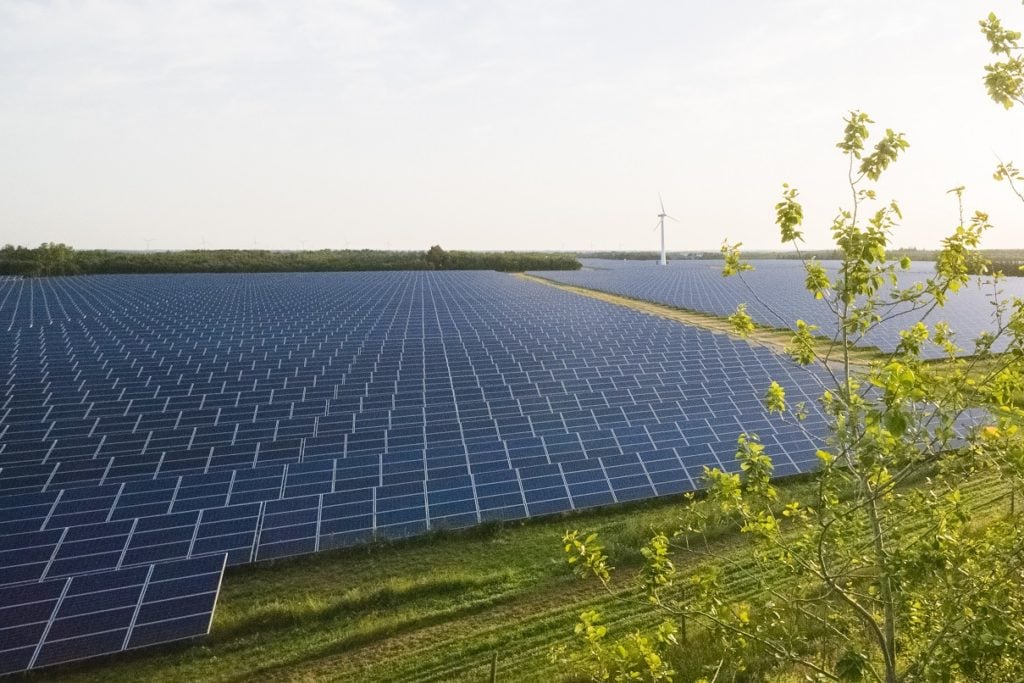
The development of Denmark’s grid will be driven by rising electricity demands from consumers rather than the growing renewables sector, a panel of key figures in the country’s green energy sector have suggested.
“The grid build up will obviously be the bottleneck to the projects coming online,” Troels Lorentzen, partner at Deloitte Corporate Finance, told panellists during the Solar Finance & Investment Europe webinar held by PV Tech publisher Solar Media last week (19 February).
Unlock unlimited access for 12 whole months of distinctive global analysis
Photovoltaics International is now included.
- Regular insight and analysis of the industry’s biggest developments
- In-depth interviews with the industry’s leading figures
- Unlimited digital access to the PV Tech Power journal catalogue
- Unlimited digital access to the Photovoltaics International journal catalogue
- Access to more than 1,000 technical papers
- Discounts on Solar Media’s portfolio of events, in-person and virtual
“It’s important for the national ambitions on the green transition in Denmark that there is a focus on using the accessibility to the to the power grid.”
Although wind power has been the driving force for Denmark’s renewables transition, solar power developers are starting to enter the country’s energy market. Around 1GW of solar projects are to be developed by Better Energy in both Denmark and Poland after the renewables company secured DKK 5.5 billion (US$900 million) of equity and project financing from a local pension fund. Danish developer European Energy also plans to build a 300MW solar farm in Aabenraa, Denmark, this year, connecting it to the grid by the end of 2021. The Danish government itself has set out targets to reach net zero carbon emissions by 2050.
Jens Peter Zink, executive vice president of European Energy, said that building out grid capabilities will be a “big hurdle” for solar developers in many countries for a while, but added that the sheer demand for more electricity from the population will be the catalyst for more connectivity.
“I’m not optimistic that the government’s about to build out a lot of grid because some developers and independent power producers want that,” he said. “I think the build out of the grid is going to come but it’s going to come from a different angle, I think it’s going to be the consumers who will need more electricity when they electrify (that) is going to drive the change.”
Zink added that a “more flexible approach” to enable independent power producers to use the grid would alleviate the growing demand.
“What we need is simply a more flexible access to the grid. We are trying to talk both to regulators and with government agencies to have a more flexible approach on how to utilise the grid,” he said, “because then we can actually get much more electricity through the grids without having a huge cost burden for society.”



